Sustainable Winemaking: Practices and Benefits
Sustainable winemaking is a multifaceted approach that seeks to harmonize the production of wine with the well-being of the planet and its inhabitants. It's about recognizing that the choices made in the vineyard and the winery have far-reaching consequences, and striving to make those choices as responsible as possible. The roots of sustainable winemaking can be traced back to the broader sustainability movement, which gained momentum in the late 20th century. As concerns about climate change, resource depletion, and social inequality grew, industries across the board began to reevaluate their practices. The wine industry was no exception. In the context of winemaking, sustainability encompasses three main pillars: environmental stewardship, social responsibility, and economic viability. This is often referred to as the "triple bottom line." Environmental stewardship involves practices that protect and preserve natural resources. This includes reducing the use of harmful chemicals, conserving water, minimizing energy consumption, and managing waste effectively. Social responsibility focuses on the people involved in the winemaking process, from the vineyard workers to the local community. It means ensuring fair labor practices, providing safe working conditions, and contributing positively to the community. Economic viability ensures that the winery can sustain itself financially over the long term. This involves making smart business decisions that balance profitability with the other two pillars. Many wineries around the world have embraced this approach, and there are now numerous certification programs that recognize and promote sustainable practices. These include the California Sustainable Winegrowing Alliance, the Sustainable Winegrowing New Zealand program, and the Organic Winegrowers New Zealand, among others.
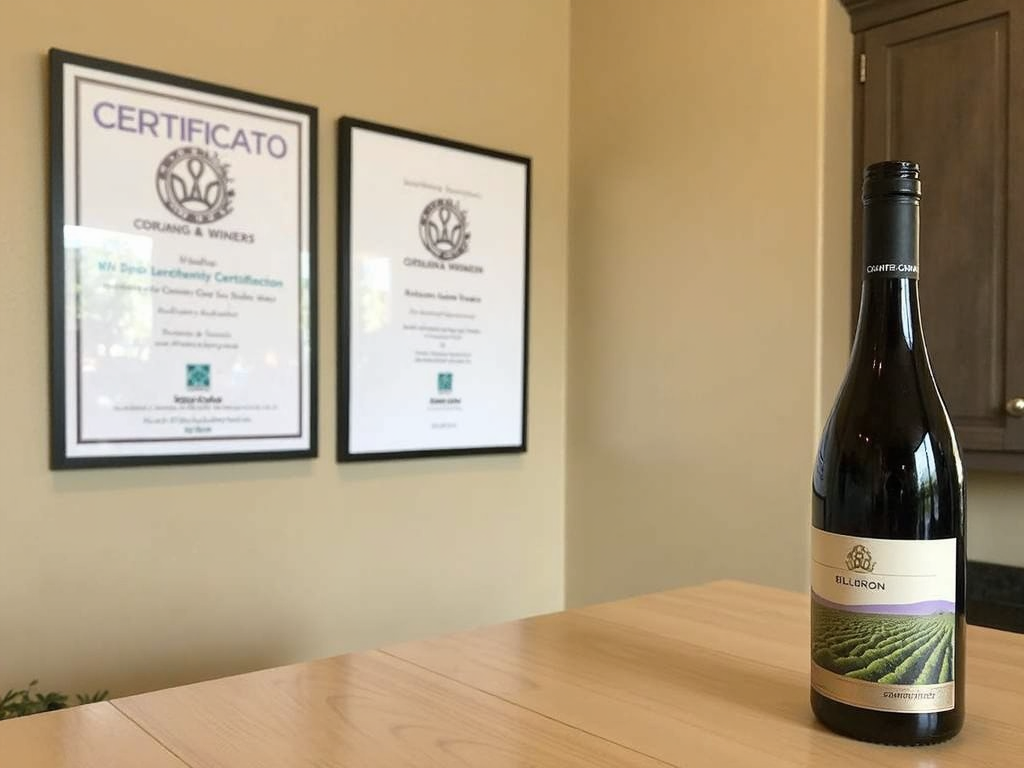
One of the foundational practices in sustainable winemaking is organic farming. This involves growing grapes without the use of synthetic pesticides, herbicides, or fertilizers. Instead, organic winemakers rely on natural methods to control pests and diseases, such as introducing beneficial insects or using compost to enrich the soil. Another important practice is water conservation. Winemaking is a water-intensive process, from irrigating the vines to cleaning equipment in the winery. Sustainable winemakers implement strategies to reduce water usage, such as drip irrigation systems that deliver water directly to the roots of the vines, minimizing evaporation and runoff. Energy efficiency is also a key component. Many sustainable wineries invest in renewable energy sources, like solar panels or wind turbines, to power their operations. This not only reduces their carbon footprint but also helps them save on energy costs in the long run. Waste reduction and recycling are crucial. Wineries produce a significant amount of waste, from grape pomace (the skins, seeds, and stems left after pressing) to packaging materials. Sustainable winemakers find ways to repurpose or recycle these materials. For example, grape pomace can be composted and used as fertilizer, or even turned into products like grape seed oil. Ethical labor practices are another important aspect of sustainability. This includes providing fair wages, safe working conditions, and opportunities for professional development for winery workers. Some sustainable wineries also engage in community outreach programs, supporting local schools or charities.
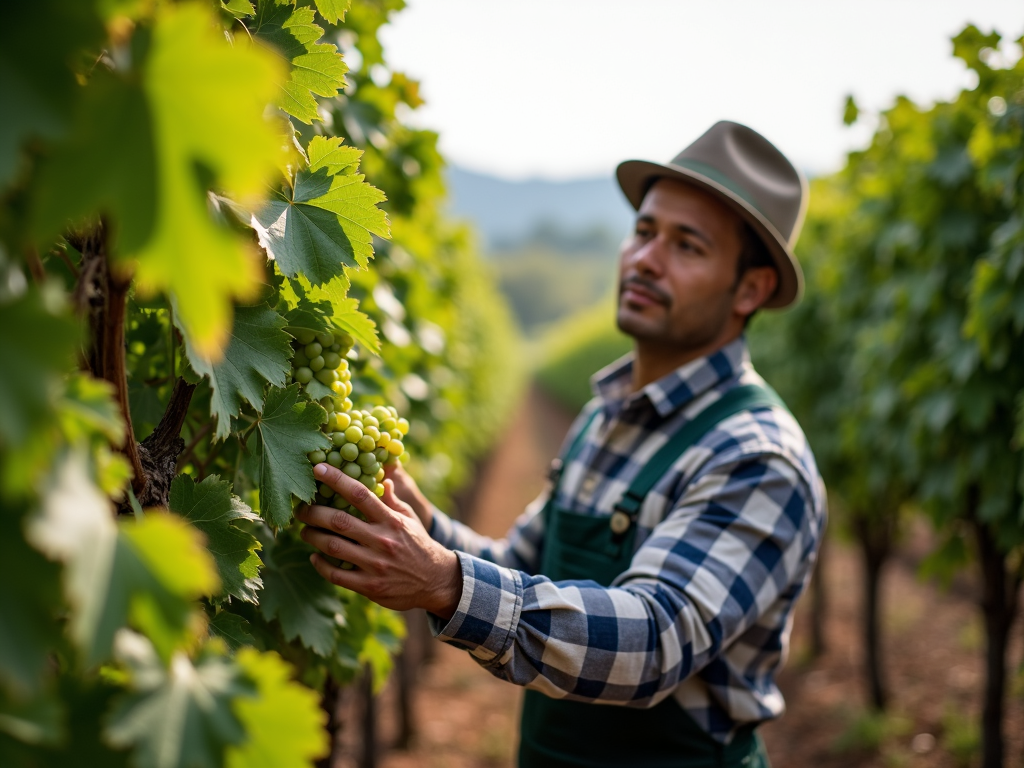
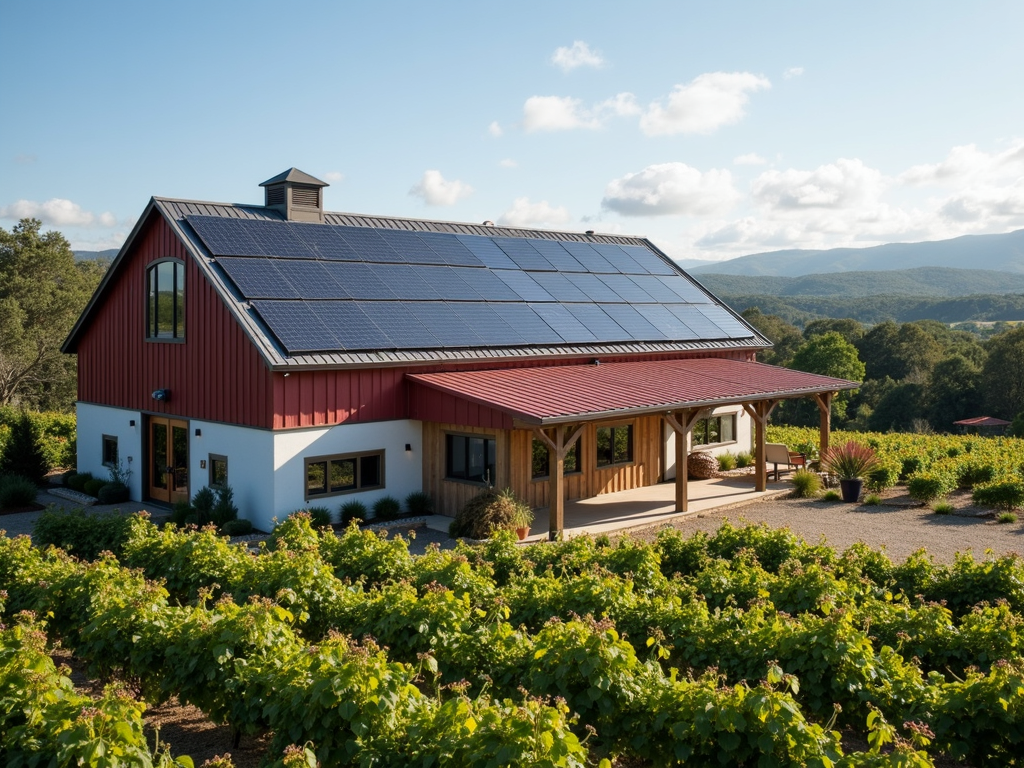
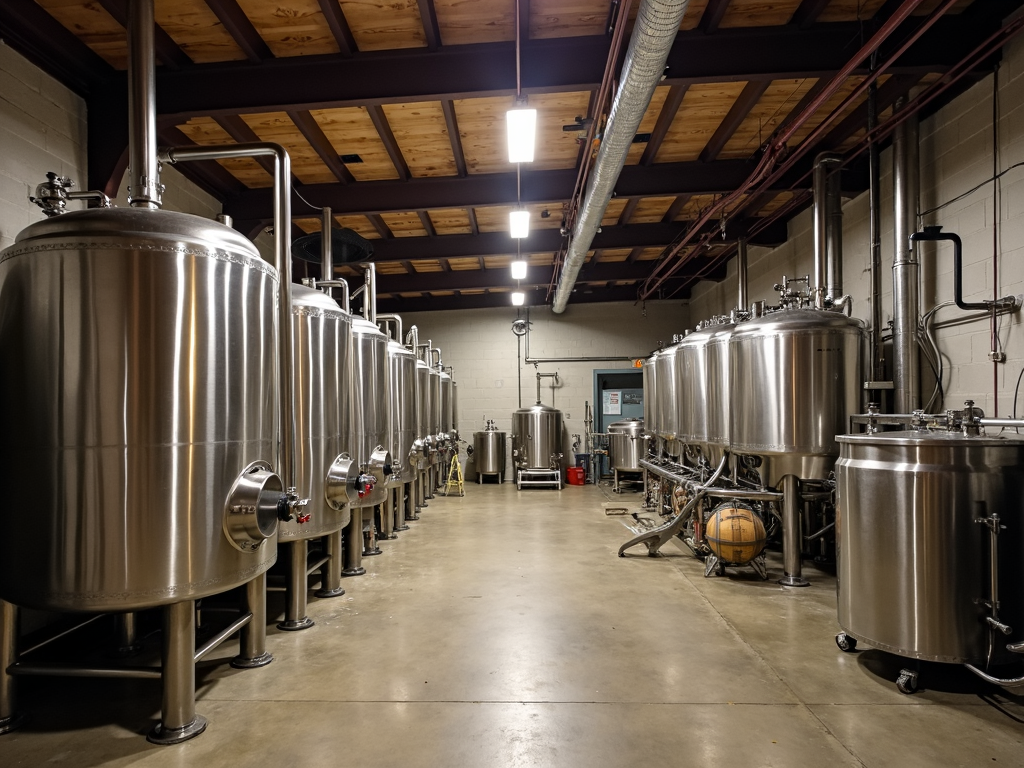
The benefits of sustainable winemaking are numerous and far-reaching. First and foremost, these practices help protect the environment. By reducing the use of harmful chemicals, conserving water, and minimizing waste, sustainable wineries play a crucial role in preserving natural resources and biodiversity. But the benefits don't stop there. Sustainable practices can also lead to better wine quality. For example, organic farming methods can result in healthier vines and more expressive grapes, which in turn produce more complex and flavorful wines. Many wine enthusiasts believe that sustainably produced wines have a unique sense of place, reflecting the terroir in a more authentic way. Moreover, sustainable winemaking can be economically beneficial. While there may be upfront costs associated with implementing sustainable practices, such as investing in renewable energy or obtaining certifications, these investments often pay off in the long run. Sustainable wineries can attract environmentally conscious consumers, command higher prices for their wines, and build stronger relationships with their communities. From a social perspective, sustainable winemaking promotes fairness and equity. By ensuring that workers are treated well and that local communities are supported, sustainable wineries contribute to a more just and inclusive wine industry.

Despite the many benefits, adopting sustainable practices isn't without its challenges. One of the biggest hurdles is the cost. Implementing sustainable methods often requires significant investment, which can be a barrier for smaller wineries with limited resources. Another challenge is the lack of standardization in sustainability certifications. There are numerous certification programs around the world, each with its own criteria and requirements. This can be confusing for both winemakers and consumers, making it difficult to know what "sustainable" really means. However, the future of sustainable winemaking looks promising. As technology advances, new tools and techniques are emerging that make it easier and more cost-effective to adopt sustainable practices. For example, precision agriculture technologies can help winemakers monitor soil health and water usage more accurately, optimizing resource use. Additionally, consumer demand for sustainable products continues to grow. This trend is likely to drive more wineries to embrace sustainability, as they seek to meet the expectations of their customers.
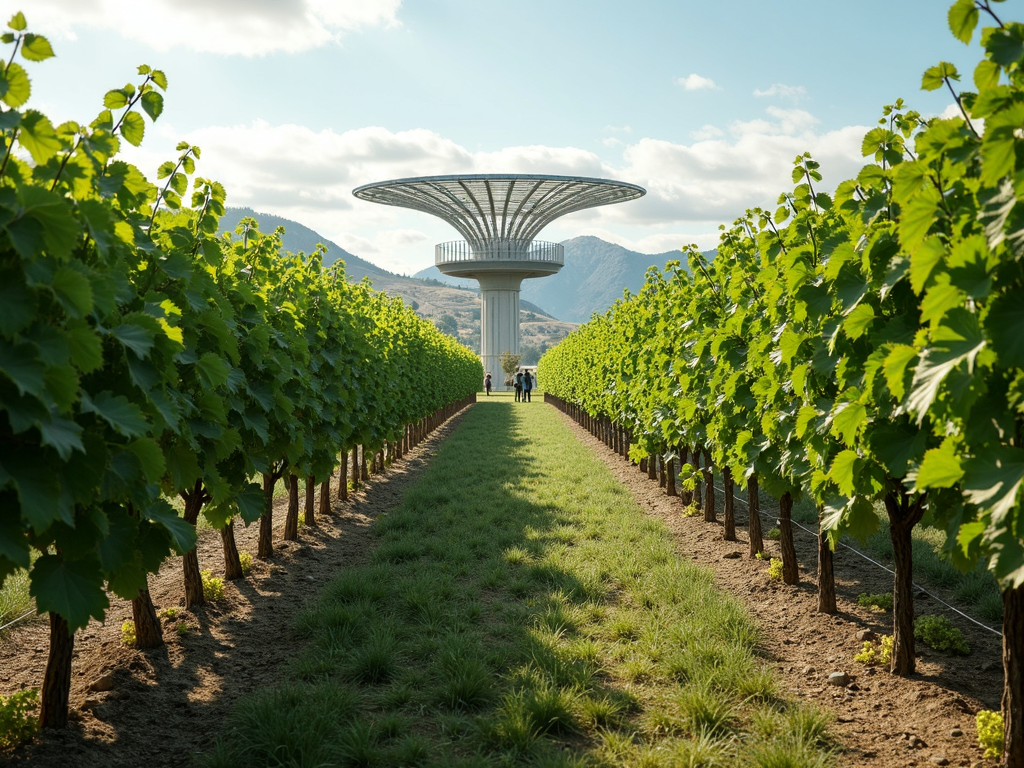
In summary, sustainable winemaking is a comprehensive approach that addresses the environmental, social, and economic aspects of wine production. Through practices like organic farming, water conservation, energy efficiency, waste reduction, and ethical labor, wineries can create high-quality wines while protecting the planet and supporting their communities. While there are challenges to overcome, the benefits are clear, and the future holds great promise for the continued growth of sustainable winemaking.